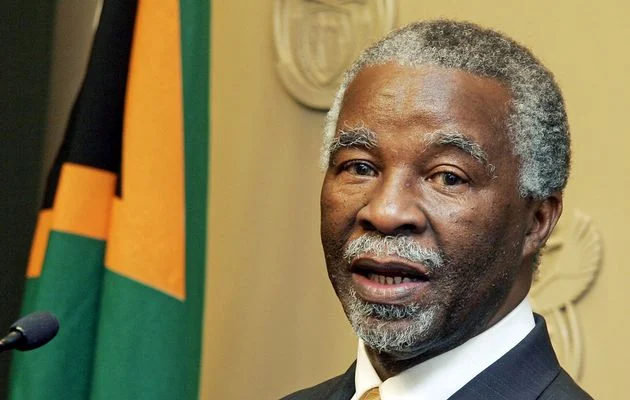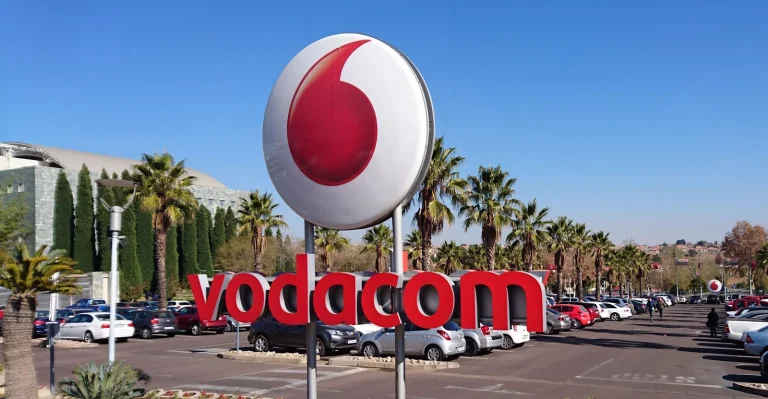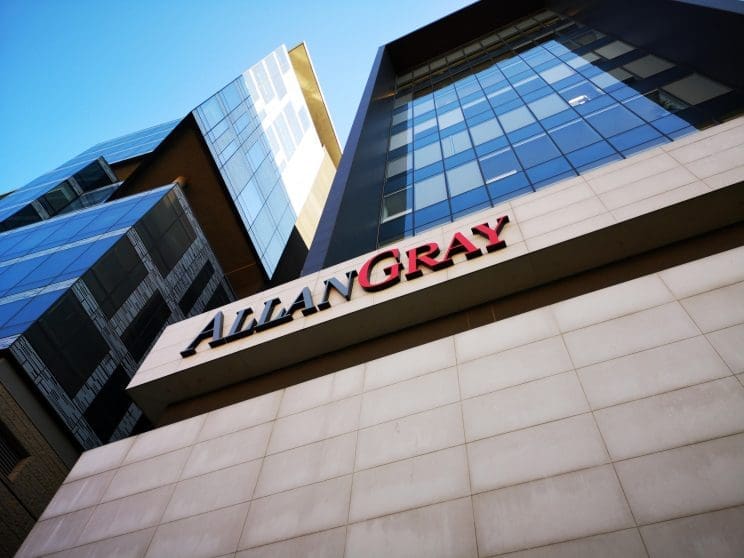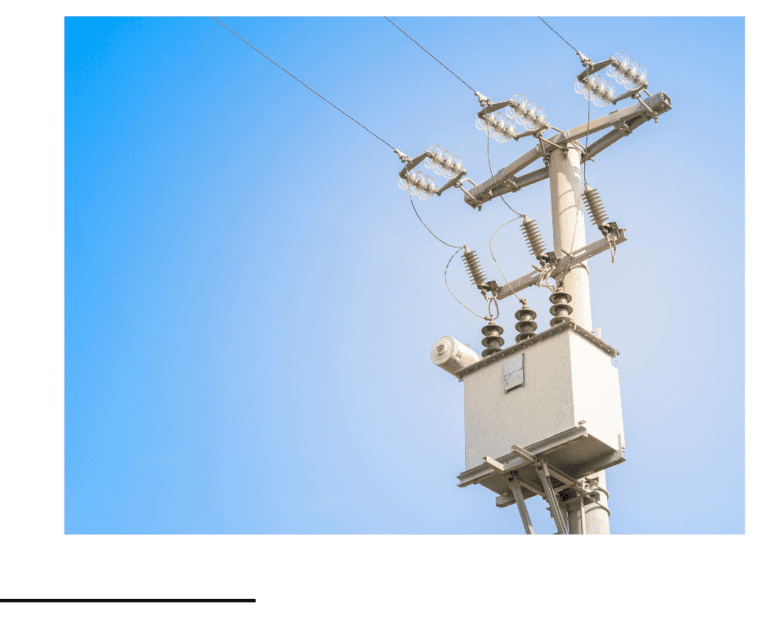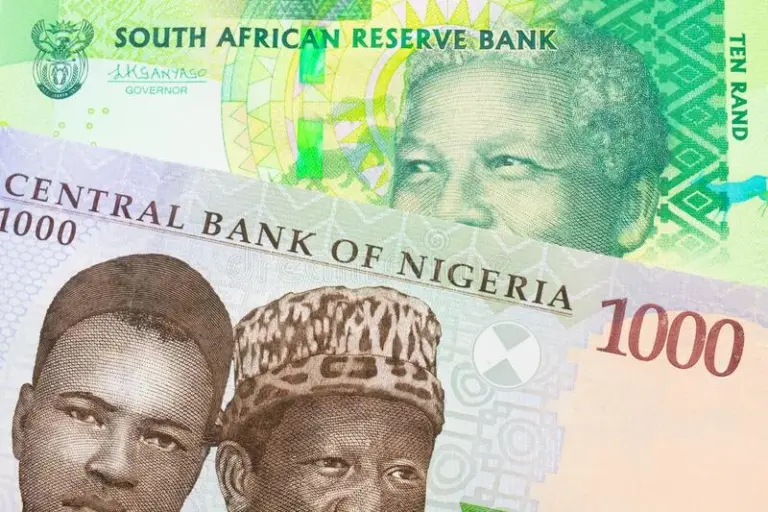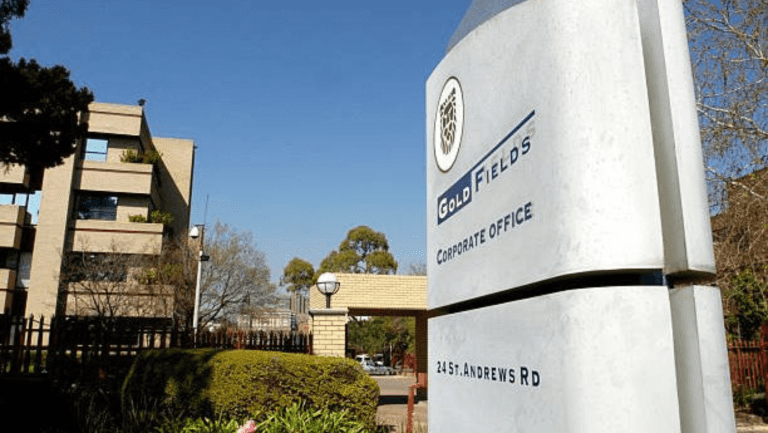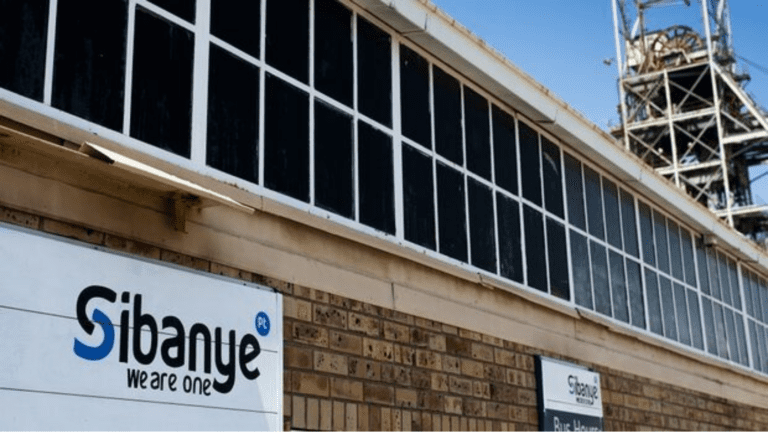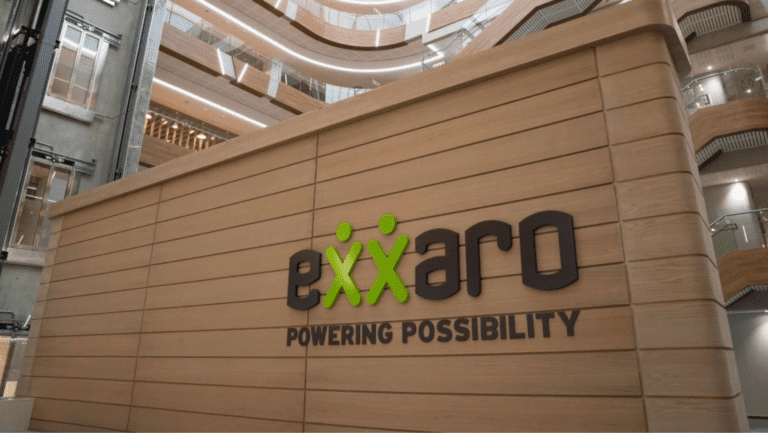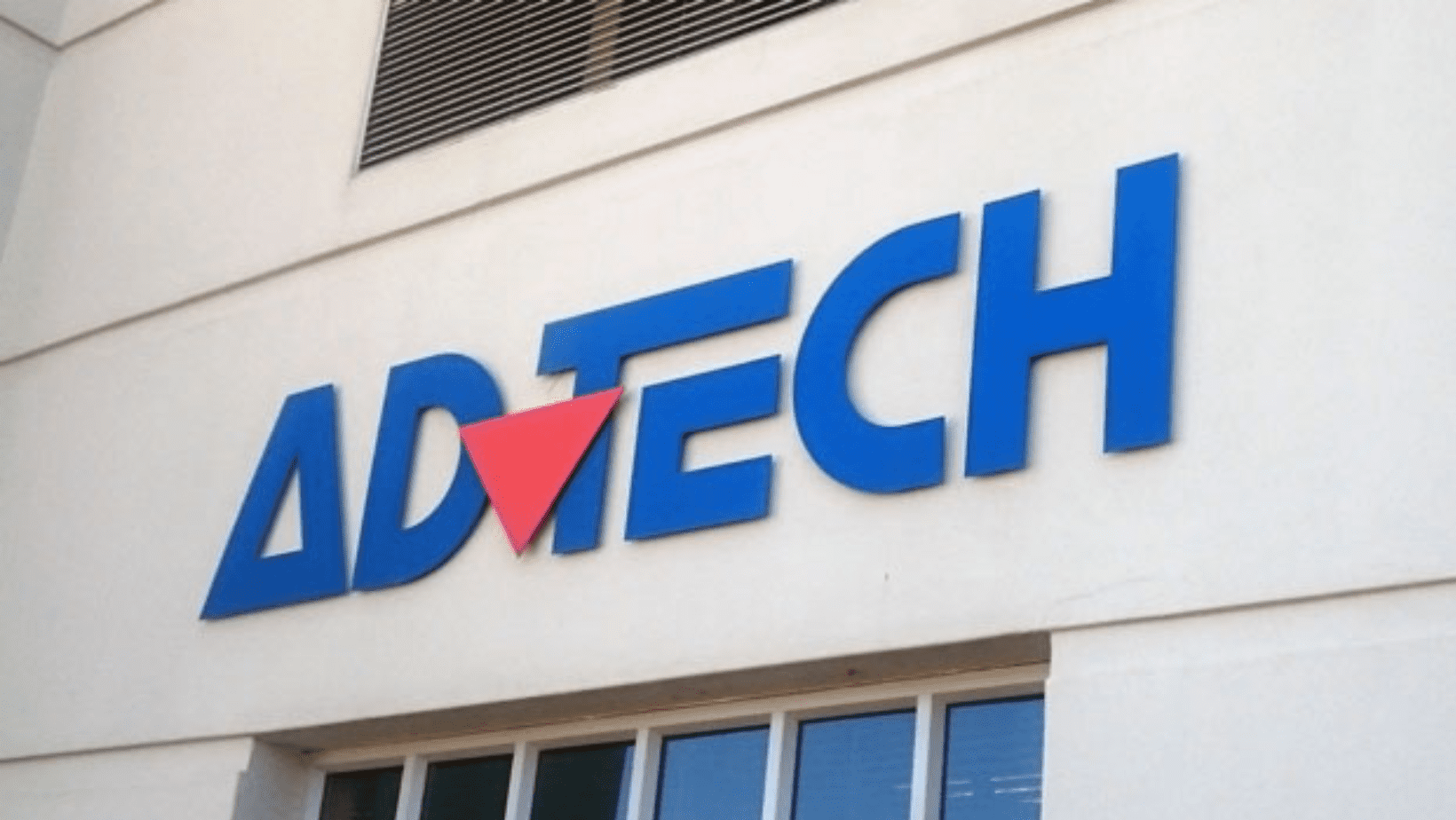Capitec Bank, one of South Africa’s leading financial institutions, recently unveiled its annual remuneration report for the fiscal year ending on February 28, 2024. The report shed light on the compensation received by the bank’s top executives, including CEO Gerrie Fourie, amidst a backdrop of robust financial performance despite challenging economic conditions within South Africa.
According to the financial results disclosed by Capitec, the bank showcased impressive growth during the stated period. Headline earnings surged by 16% to R10.6 billion, up from R9.7 billion in the preceding year. Net interest income also witnessed a notable uptick, growing by 13% to reach R14.9 billion. However, a significant highlight was the considerable increase in the net credit impairment charge on gross loans and advances, soaring by 37% to R8.4 billion compared to R6.1 billion in the prior fiscal year.
Reflecting broader industry trends, Capitec, like its counterparts, faced challenges in managing credit risk, with the net credit loss rate escalating from 8.0% in FY23 to 10.1% in FY24. Despite these challenges, the bank’s board approved a final gross dividend of 3,345 cents per ordinary share, marking an increase from the previous year’s 2,800 cents per share and bringing the total dividend for the 2024 financial year to 4,875 cents per share.
Furthermore, Capitec noted a significant expansion in its active client base, which grew to 22.0 million, up from 19.9 million in the prior year. This expansion underscores Capitec’s continued efforts to enhance its market penetration, with the active client base now constituting 36% of South Africa’s total population, up from 33% in FY23.
Executive Compensation
Central to the remuneration report is the compensation awarded to Capitec’s top executives, with CEO Gerrie Fourie taking the spotlight. Fourie’s total remuneration for the fiscal year 2024 amounted to a staggering R65.74 million, reflecting a 5.9% increase from the previous year’s R62.09 million. This comprehensive package includes a total guaranteed pay (TGP), inclusive of benefits, totaling R17.50 million, along with a short-term cash incentive (STI) of R5.87 million.
The disparity in compensation becomes apparent when compared to other members of Capitec’s executive team. Chief Financial Officer (CFO) Grant Hardy, the second-highest-paid executive, received a total remuneration of R12.53 million for the fiscal year 2024. However, this gap is attributed to Fourie’s extensive long-term incentives (LTIs), with Hardy still within the 5-year window period since his appointment to the CFO position in July 2022.
While Fourie’s long-term incentive, including vested awards, amounted to a notable R42.74 million, Hardy’s long-term incentive stood at R912,000. The stark contrast underscores the significance of tenure and position within the organization in determining executive compensation structures.
Notably, Capitec’s top executives collectively received a total remuneration of R78.67 million, with Nkosana Samuel Mashiya, one of the top four executives, receiving the ‘smallest’ amount of R393,000. However, it is crucial to highlight that Mashiya’s lower compensation is attributed to his resignation, effective May 7, 2023, resulting in no STI being awarded.
Implications and Analysis
The disclosure of executive compensation amidst robust financial performance prompts scrutiny and debate, particularly in the context of broader societal concerns regarding income inequality and corporate governance. While executive compensation is often tied to performance metrics and market competitiveness, the significant disparity in compensation between executives and average employees raises questions about equity and fairness within the organization.
Capitec’s emphasis on long-term incentives for top executives reflects the bank’s strategic approach to talent retention and performance alignment with shareholder interests. However, the magnitude of executive compensation, particularly in comparison to average employee earnings, may fuel discontent and calls for greater transparency and accountability in remuneration practices.
As Capitec continues its growth trajectory and navigates evolving market dynamics, the scrutiny surrounding executive compensation underscores the importance of balancing shareholder interests with broader stakeholder considerations, including employees, customers, and the community at large.
In conclusion, while Capitec’s robust financial performance is commendable, the disclosure of executive compensation underscores broader conversations about income inequality, corporate governance, and stakeholder engagement in shaping responsible and sustainable business practices. As stakeholders continue to demand greater transparency and accountability, the onus lies on organizations to proactively address these concerns and uphold principles of fairness, equity, and social responsibility in their operations.





